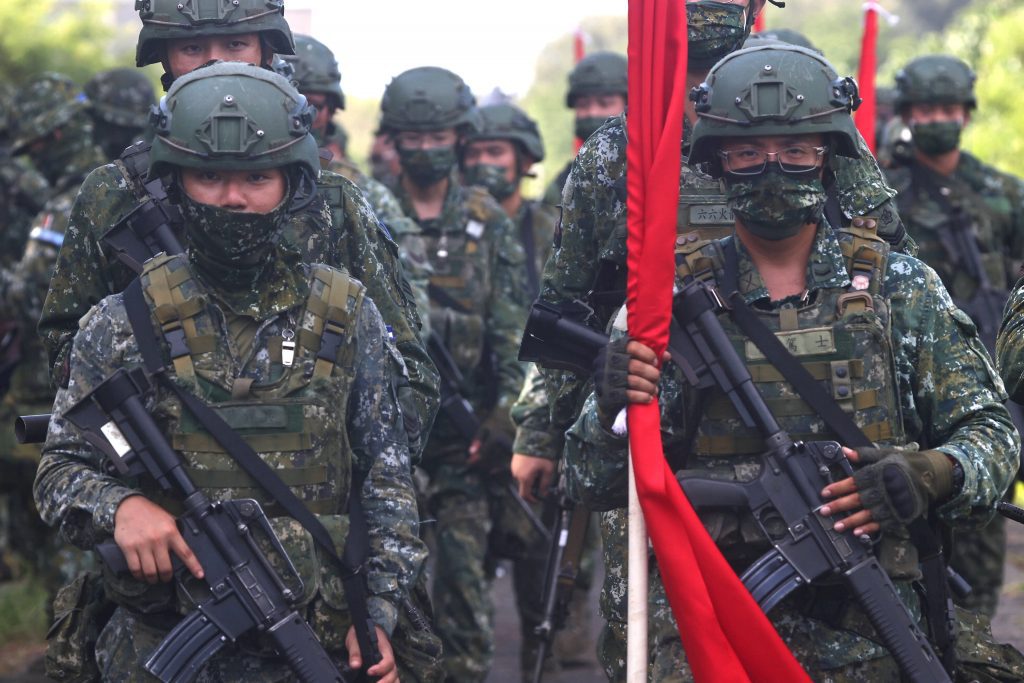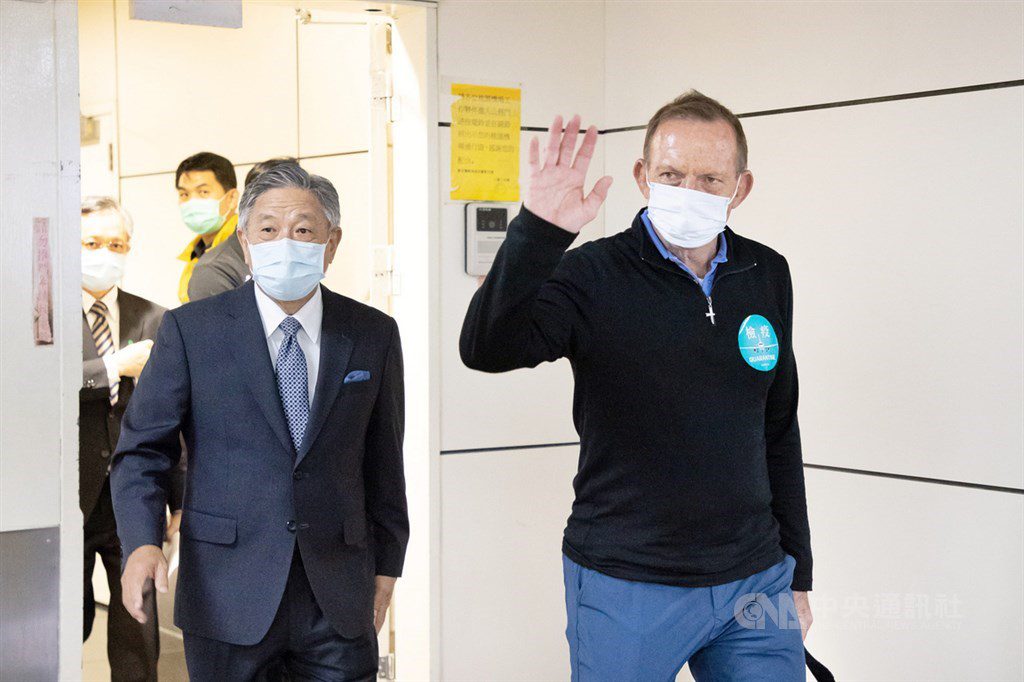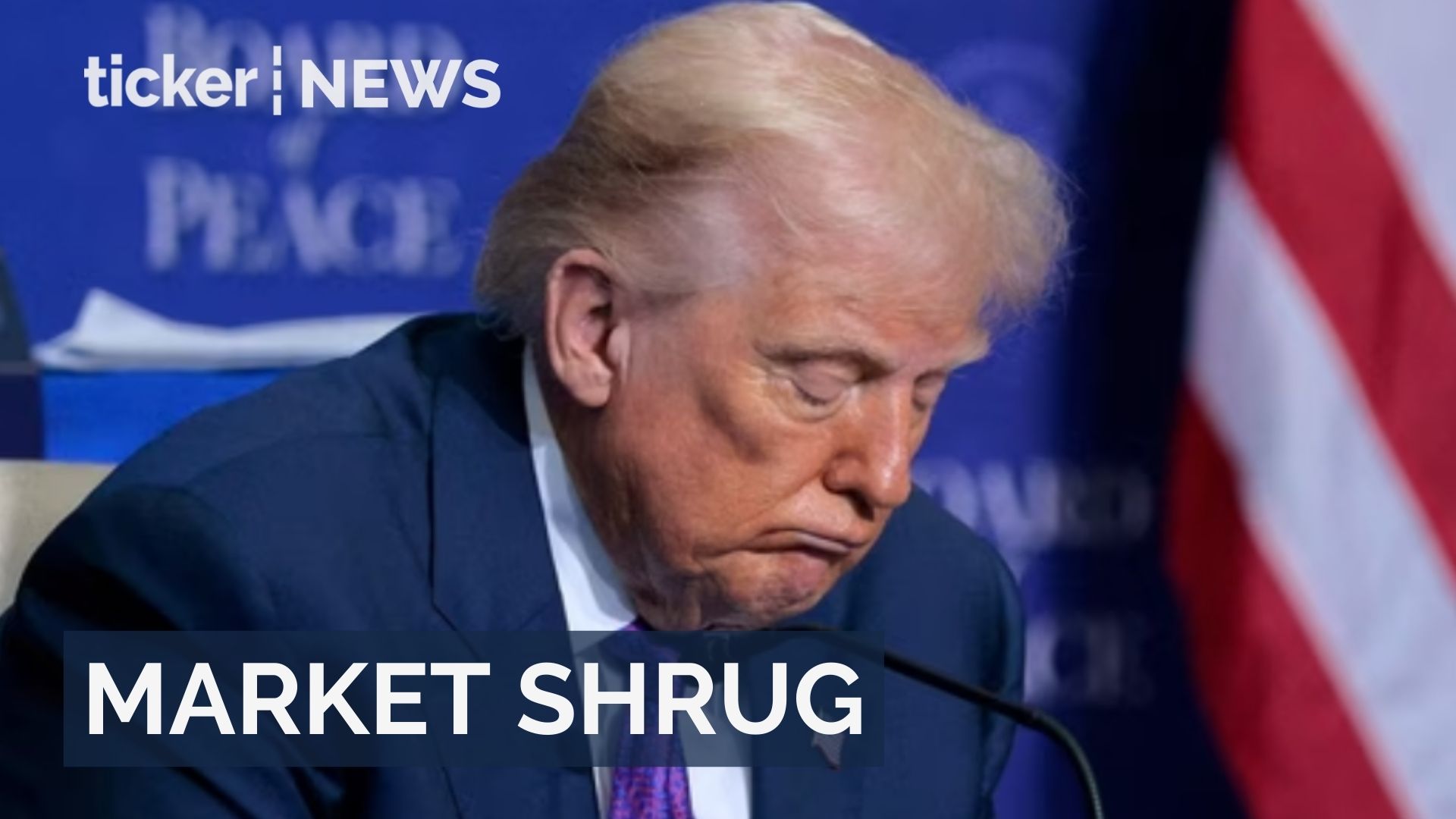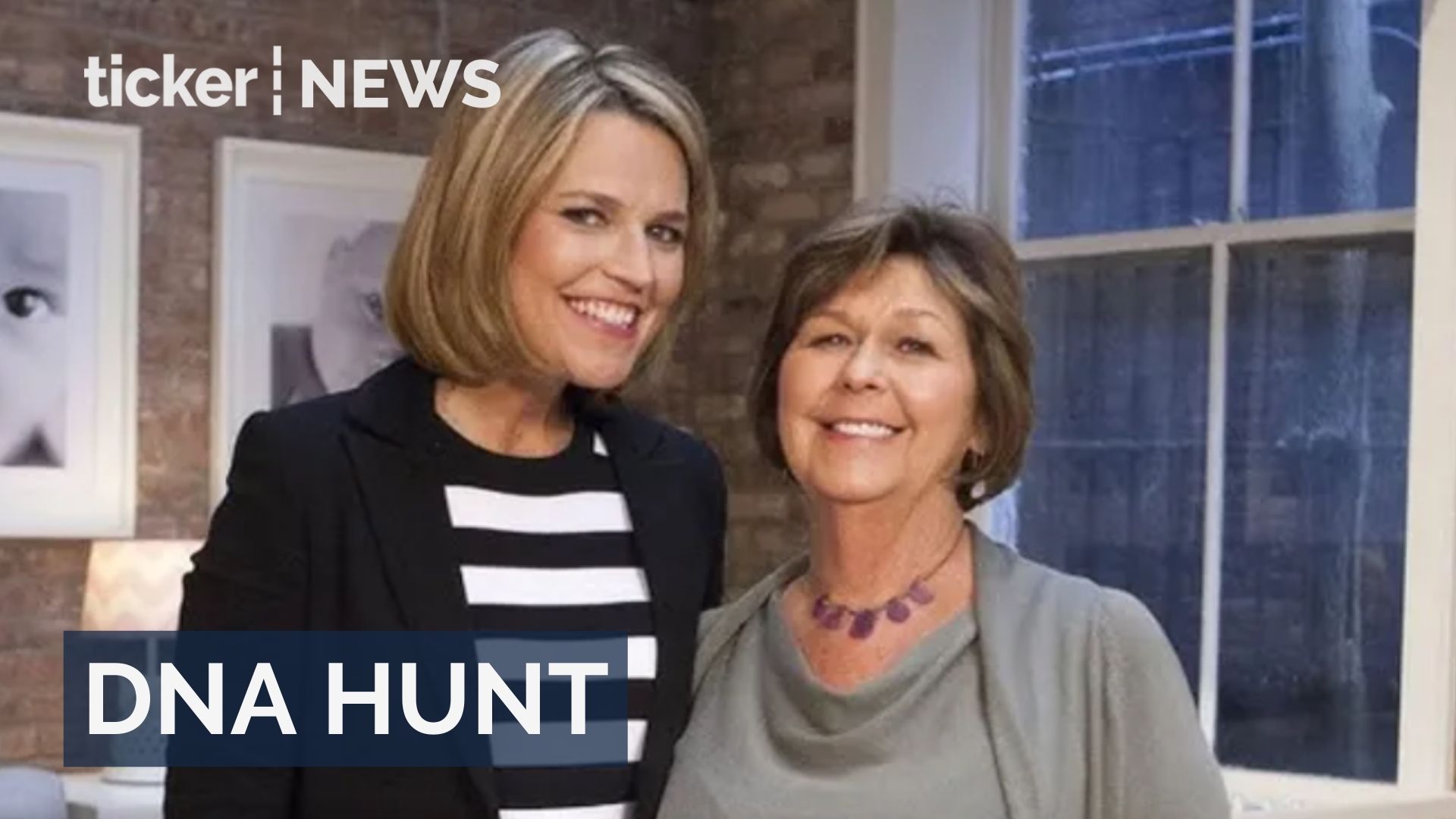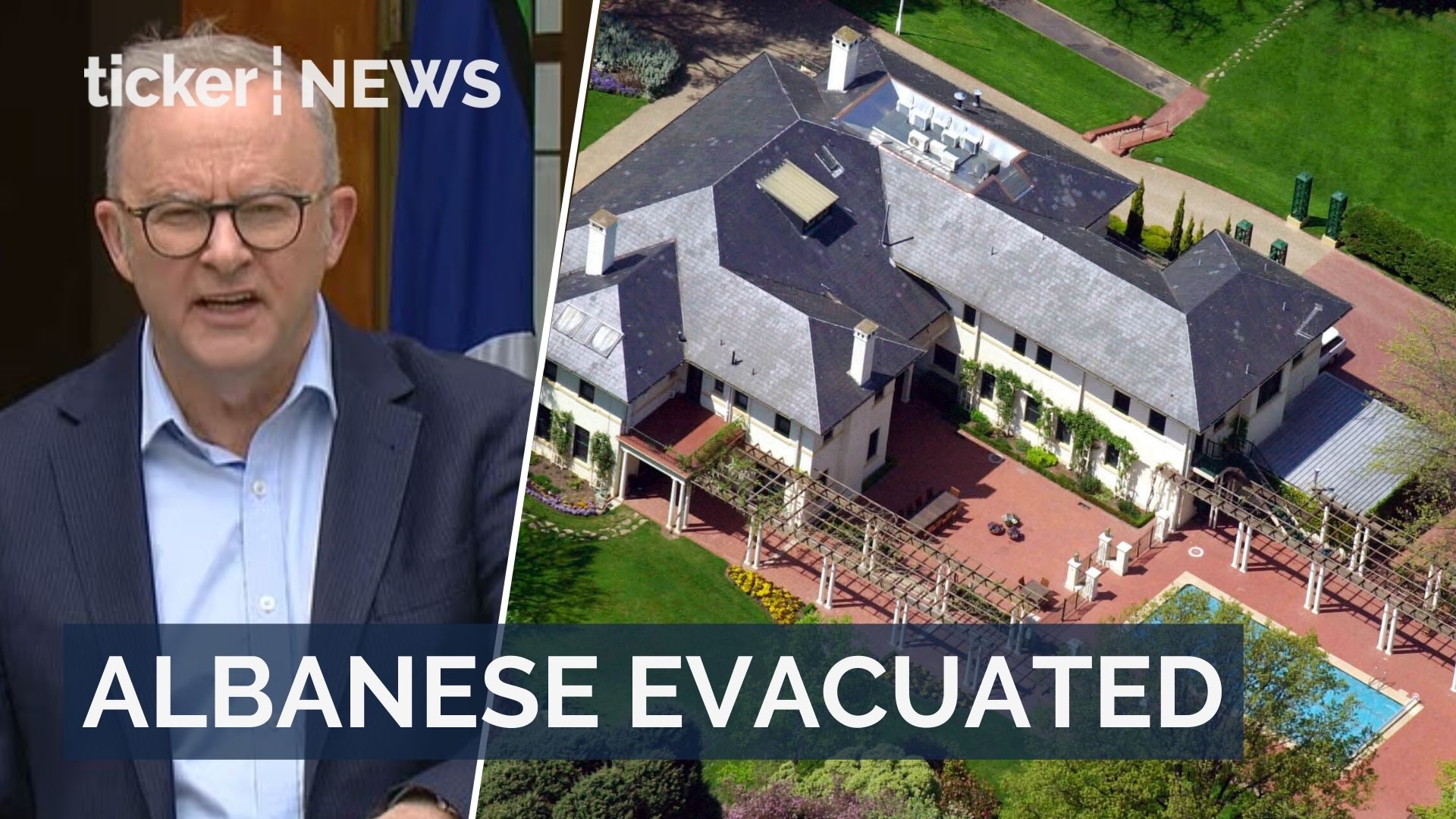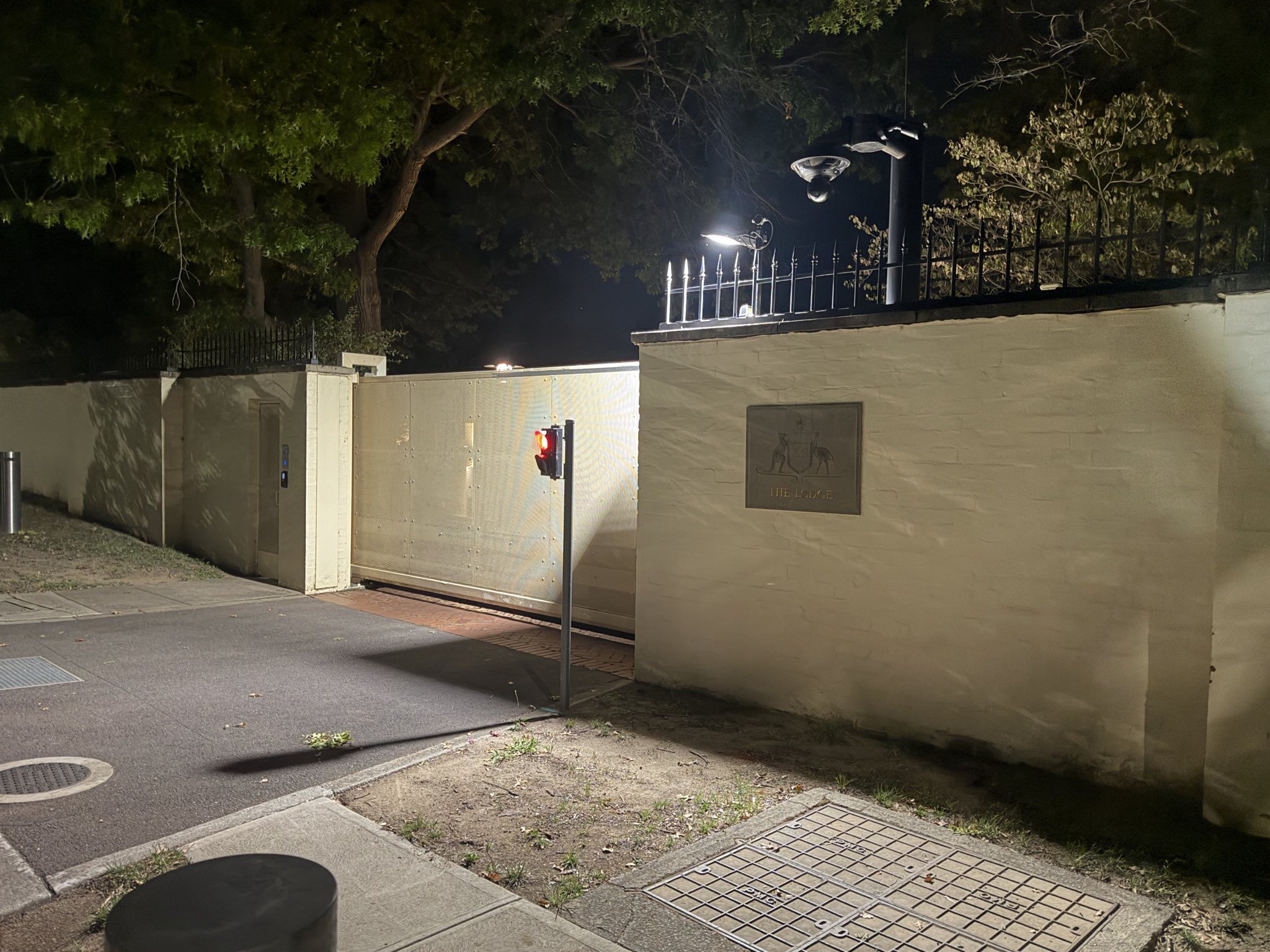News
Taiwan reaches out for international support following China invasion
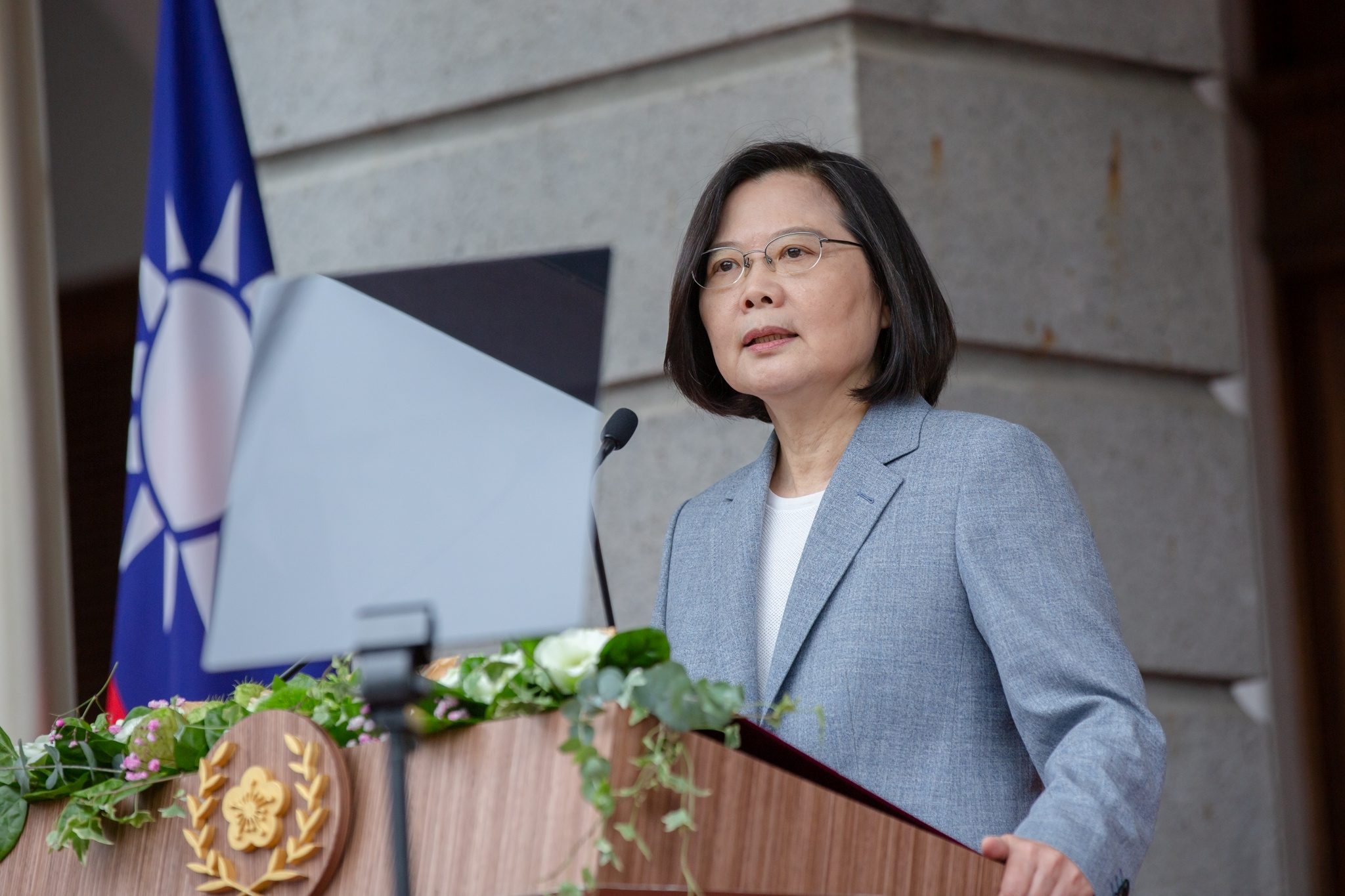
News
Markets shrug as Trump tariffs take effect
Investors remain calm amid Trump’s 15% tariffs, focusing on future policy uncertainty and inflation risks instead.
News
Savannah Guthrie family offers $1 million reward in search for missing mother
Savannah Guthrie’s family offers $1M reward for info on her missing mother, as FBI investigates suspect linked to DNA evidence.
News
Albanese evacuated from Lodge due to security threat
Anthony Albanese evacuated from The Lodge amid security threat, federal police conducting thorough search assures public safety
-

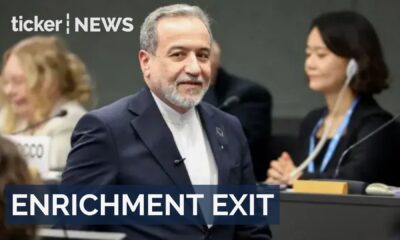

 News2 days ago
News2 days agoIran signals nuclear concessions as U.S. talks intensify
-



 Tech2 days ago
Tech2 days agoApple’s next AI wearables could change how we use tech
-



 Money2 days ago
Money2 days agoU.S. investors flee stock market for global opportunities
-



 News4 days ago
News4 days agoUK police seek former aides’ insights on Prince Andrew
-

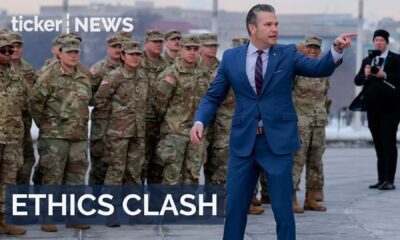

 Tech1 day ago
Tech1 day agoAnthropic CEO holds key Pentagon talks on AI ethics and military use
-

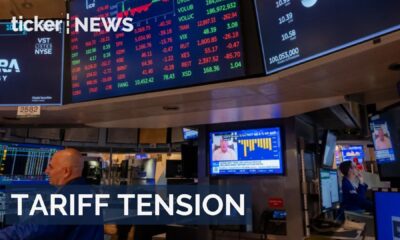

 Money1 day ago
Money1 day agoStocks tumble amid AI concerns and Trump tariff update
-

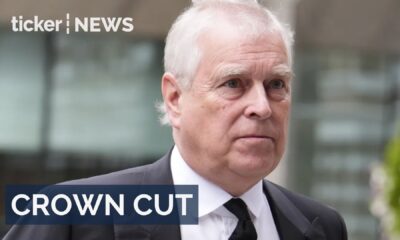

 Ticker Views2 days ago
Ticker Views2 days agoHow Andrew Mountbatten-Windsor could be removed from the line of succession
-



 News1 day ago
News1 day agoPeter Mandelson arrested in London over alleged Epstein links



